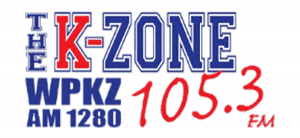LOWELL — The Lowell Memorial Auditorium was rocking Tuesday night as legendary rock band The Beach Boys and longtime friend of the band John Stamos performed for the annual Middlesex Community College Celebrity Forum.
music
‘Music is the great healer’
LEOMINSTER — Every other Tuesday evening like clockwork, area musicians gather at The GazBar Sports Grill for an open mic session that gives them the opportunity to showcase their talents and spread their creative wings. Born and raised in the city, Open Mic Night host Santino Proietti cultivates a fun, relaxing, and welcoming atmosphere that […]
Creeque Alley to pay tribute to American folk music
LUNENBURG — Creeque Alley, an acoustic duo featuring local musicians Sean Fullerton and Dan Kirouac, will pay tribute to traditional American folk music and perform some “feel good” folk rock hits at 6 p.m. Thursday, April 25, at the Lunenburg Public Library, located at 1023 Massachusetts Ave. Using a variety of guitars, harmonicas, and tight, […]
Let your creativity shine for ‘01420 Week’
FITCHBURG — The local creative community is gearing up for a showcase of the city’s cultural assets and community pride during a week-long celebration for April school vacation. And, in the meantime, organizers are calling for artists, performers or anyone interested in sharing a creative outlet. Called “01420 Week,” the week intends to promote local […]
